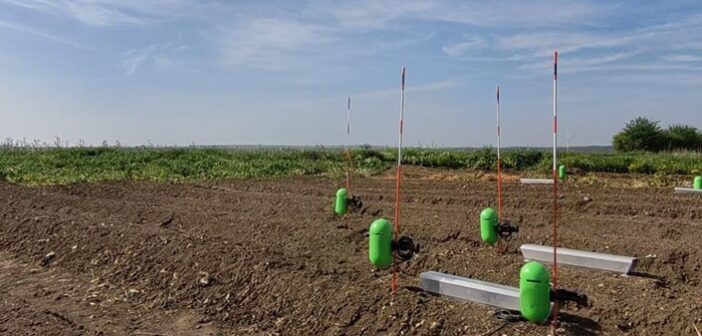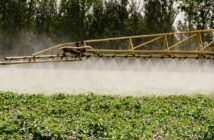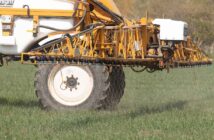Now in its final year, the TRIP (Transformative Reduced Input in Potatoes) project collected 5.8 million environmental data records during the 2024 potato growing season.
The consortium of Dyson Farming Research, Emerald Research, Bangor University, James Hutton Institute and Light Science Technologies aims to improve sustainable potato production. The objective to cut emissions of greenhouse gases, including CO2 (Carbon Dioxide) and N2O (Nitrous Oxide), by reducing inorganic nutrients, fungicides, herbicides, insecticides and energy inputs.
“With over 300 million tonnes produced globally each year, the TRIP project is set to drive major innovations that will enhance the sustainability of potato production. With millions of data records under analysis, the TRIP team is making significant progress in their mission to help shape the future of food,” says Craig Price, operations director of Light Science Technologies.
Its sensorGROW system allows growers to collect real-time data on light, temperature, humidity, CO2 levels and pressure, empowering them to make more informed decisions to optimise yields.
A total of 55 sensorGROW devices have been deployed across three farm sites in the UK, delivering 3,240 hours of in-field testing per sensor in 2024 alone.
Now in its final year, TRIP have made additional developments with a self-powered gateway to enable live-streaming of collected data via 4G roaming.
“For the first time this season, we are live streaming data via our outdoor gateway platform. This means the comprehensive view of environmental measurements that our sensors can provide can be reviewed in real-time for more timely analysis.
“Using our innovative sensors, we have helped push research forward with real-time data-driven results on crop growing emissions. We can’t wait to share the final findings when the project concludes later this year,” adds Craig.




